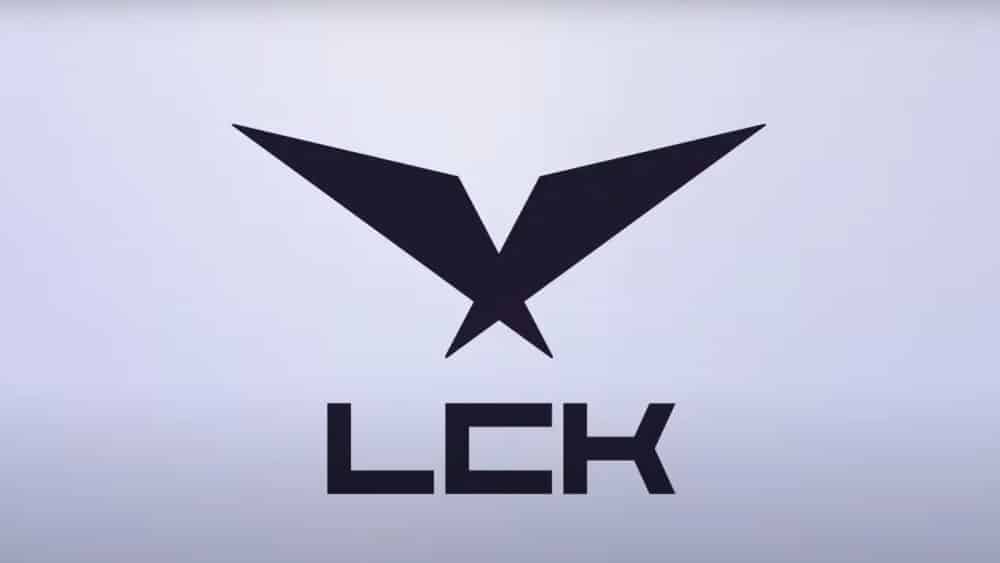The Korean LoL league LCK is causing a stir with three new guidelines. A step towards further professionalisation is to be taken – on the backs of ‘fakers’ and colleagues?
“Rookie Development Clause”, “LCK Agent Certification” and “LCK Pre-Contract Policy” are the three controversial new regulations of the Korean LoL League. According to the LCK, these are intended to contribute to a “sustainable ecosystem for all teams, players and the league”. Fans and scene insiders, however, take issue with them.
Talent extension clause
But what exactly are the three new rules in Korean LoL eSports all about? The “Rookie Development Clause” states that a newcomer who achieves a certain amount of playing time within a season can be bound by his team for the following two years. In return, the player, who has no say in drawing the clause, is guaranteed playing time and an increasing salary. Only if he is deprived of the guaranteed playing time can he terminate the contract.
The “LCK Agent Certification” is about player consultants. The Korean league wants to “secure the rights of players” through consultants certified by the Korea eSports Association (KeSPA), who must regularly attend seminars for further training. An advisor should be able to sign a protégé for up to two years and have to answer for himself in case of misconduct.
Fans criticise
Last but not least, probably the most controversial of the new regulations: The “LCK Pre-Contract Policy” allows teams to sign key players earlier than usual or to extend their contract. Each team can select a player from its own ranks to make an early offer of a contract extension.
Afterwards, other teams have the opportunity to make an offer themselves before the original organisation presents its player with a final contract proposal. A particular sticking point is that even free agents would have to pay a subsequent transfer fee in this scenario – which would be increased by an unknown sum in the case of transfers abroad.
Now fans are complaining in the comments under the announcement video: “Anything that allows organisations to do things without the players’ permission sounds dodgy.”
There are also fears of a possible favouritism towards financially strong organisations: “Do you have any idea how bad it is to force a team that wants to sign a free agent to pay a transfer fee?”
But mixed in with the criticism is scattered praise. “Paying attention to the base of your league and protecting your upcoming generation deserves applause,” one user, for example, finds regarding the development clause.
“Unilateral restrictions” on eSports players?
Christopher ‘MonteCristo’ Mykles, industry insider, meanwhile, shares LoL fans’ concerns: “The new guidelines pretty clearly only benefit teams and are designed to keep players’ market values down.” The long-time caster, coach and former co-owner, sees “no benefit to players in not being able to negotiate their own deals”, but recognises much more a “one-sided restriction on players’ ability to make money and switch teams”.
The new regulations of one of the world’s best LoL leagues will already show their effects in the near future. The “Development Clause” and agent certification will already come into force in the coming season, the “Pre-Contract Policy” will follow a year later.





